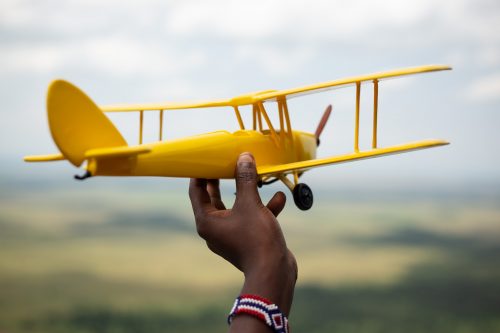
This time last year, The Maa Trust asked the Angama Photographic Studio to do a three-day photography and storytelling workshop at the Talek Youth Friendly Centre. During the workshop, I noticed a large building being constructed which was going to be a health clinic — little did I know, the building would be truly life-changing.
I did not get the full scale of what was being built until I came back for the opening of the Talek Maternal, Newborn, and Child Health (MNCH) Centre on the 1st of March this year. Located in Talek, Narok County, this centre marks a significant advancement in healthcare accessibility for expectant mothers and their infants in this region. The collaborative effort between a multitude of organisations (including The Maa Trust, supported by the Angama Foundation) brings a comprehensive range of essential services to women and their babies.
Pregnant women will benefit from enhanced delivery services, including on-site medical professionals for assisted deliveries and maternity shelters. These units ensure timely access to care as many women will have to travel great distances to receive quality treatment. According to UNICEF, the neonatal mortality rate in Kenya is 41.1 deaths per 1,000 live births which is exceptionally high, especially when compared to the United States's 6.3 deaths per 1000 live births.
Common causes of infant mortality include pre-term birth complications, infections such as tetanus, low birth weight, congenital malformations and neonatal sepsis, among other factors. Over 64% of newborns in Kenya are not receiving care from a healthcare professional within two days of being born, which puts both child and mother at risk. For these women to be able to have a safe space to recover from birth and have their babies seen by the medical professionals at the MNCH is vital.
The introduction of cesarean section (C-section) services is a groundbreaking development for the Maasai Mara region. This often life-saving procedure will significantly improve outcomes for mothers and newborns facing childbirth complications. Having access to this procedure is remarkable in a remote part of Kenya such as this, especially considering that only 9% of deliveries country-wide are done through c-section.
The project also embraces innovation through the Daktari Smart Telemedicine program by the M-PESA Foundation and Gertrude’s Hospital Foundation. This technology links and provides treatment to children in hard-to-reach counties in Kenya by virtually connecting them with healthcare specialists, ensuring access to expert guidance no matter how remote their location might be. Daktari Smart is a kit that compromises electronic medical devices (such as an electronic stethoscope) which allows the healthcare worker at the local partner health facilities to place the electronic medical devices on the patient. The specialist at Gertrude’s Children’s Hospital is then able to see the patient and hear the sounds in real-time, without the interpretation from the health worker at the local facility.
The MNCH project directly addresses a critical need by increasing access to essential healthcare for mothers and newborns in Narok County — promoting healthier pregnancies, improved birth outcomes, and enhanced well-being for both mothers and their children. By providing these vital services, the project paves the way for a healthier future for Maasai mothers and newborns.
Filed under: Giving Back
Subscribe for Weekly Stories
Comments (0):

Out of Africa